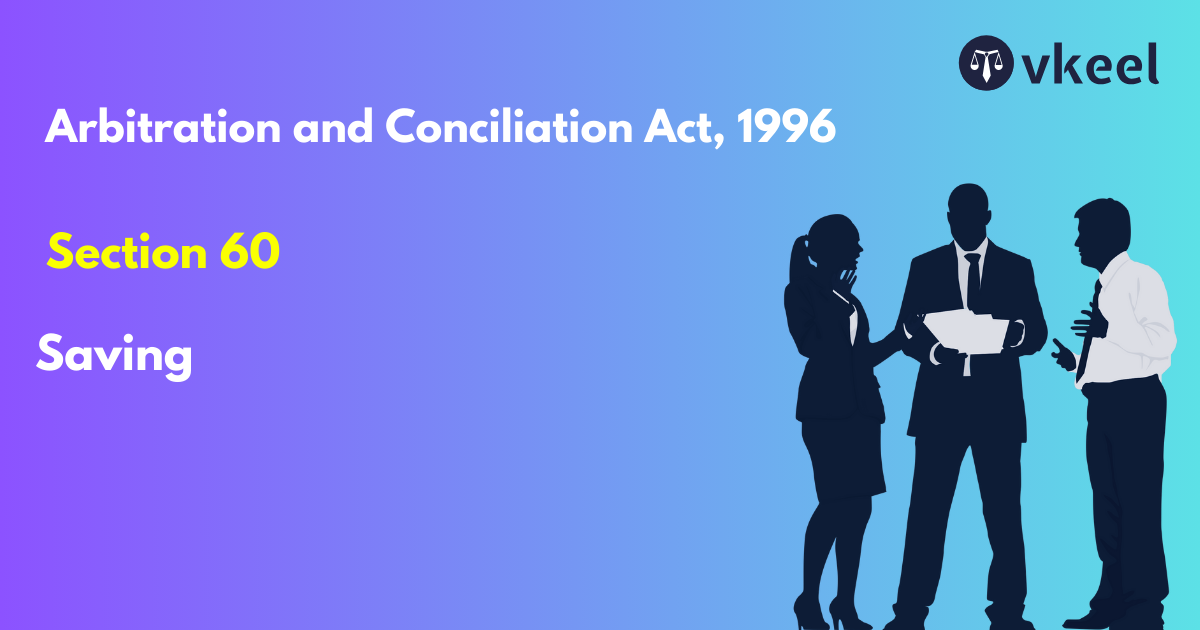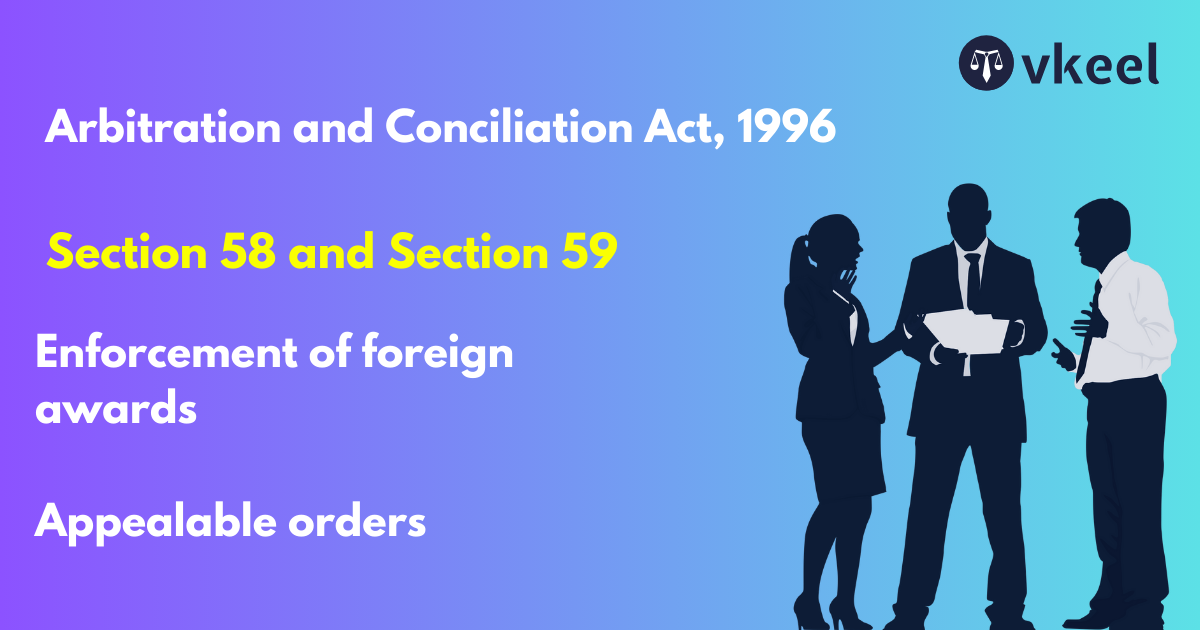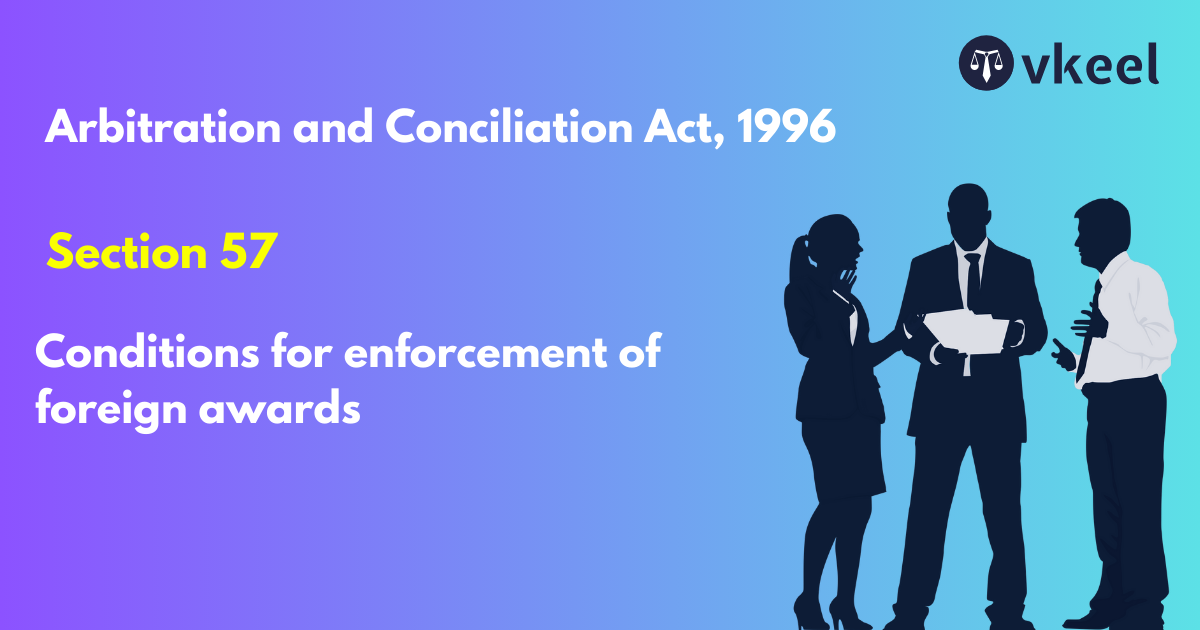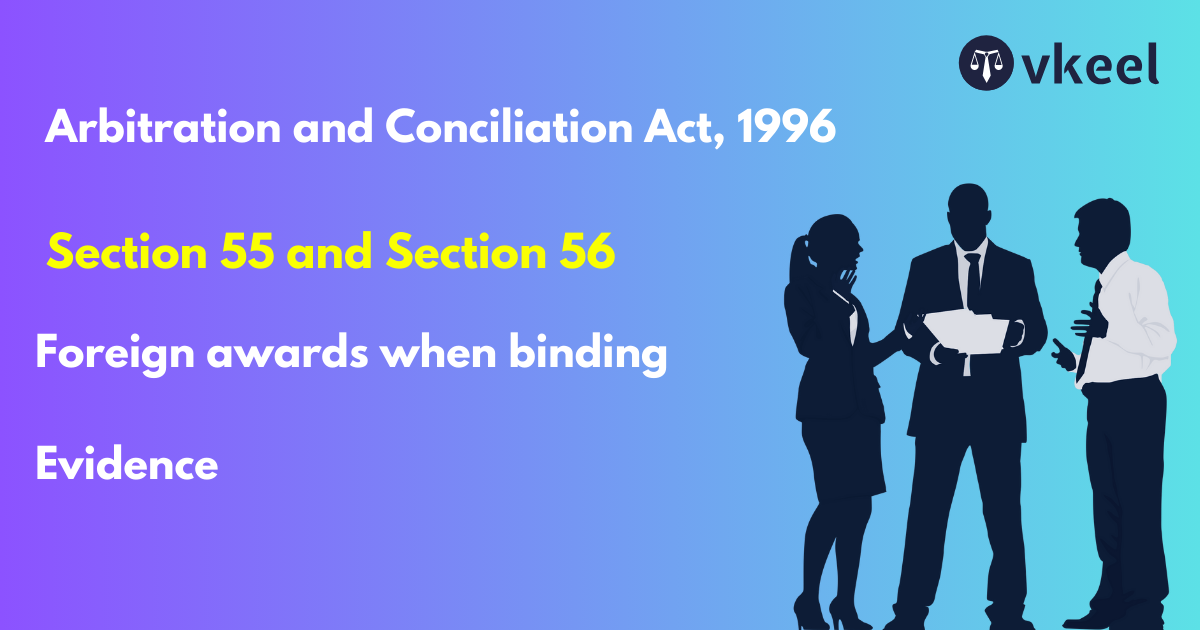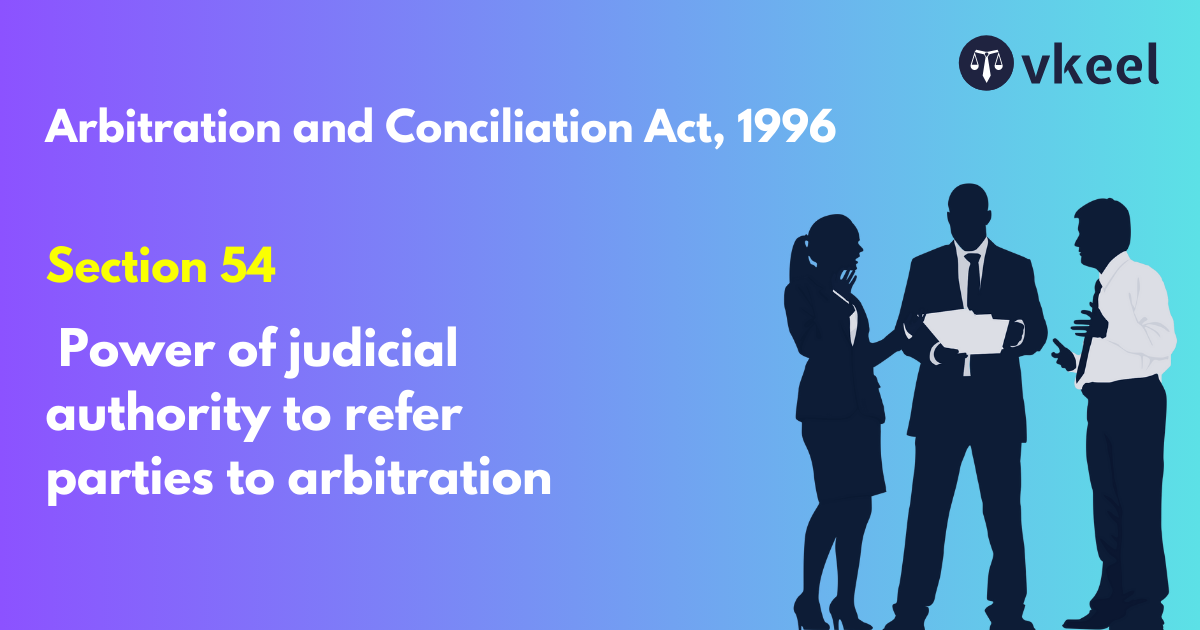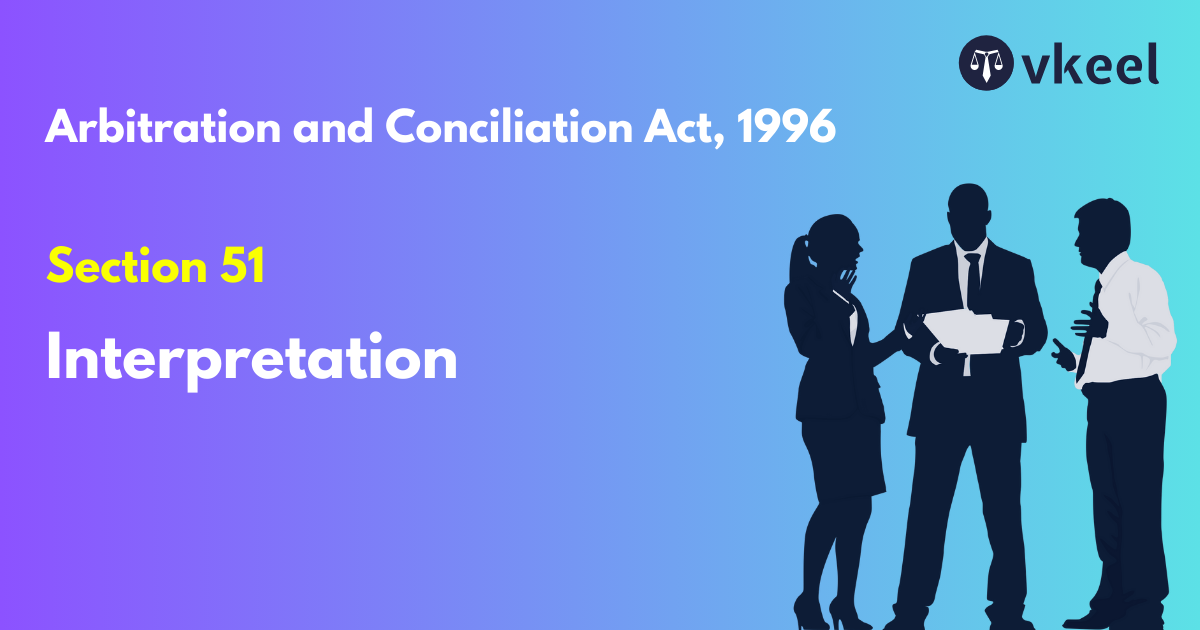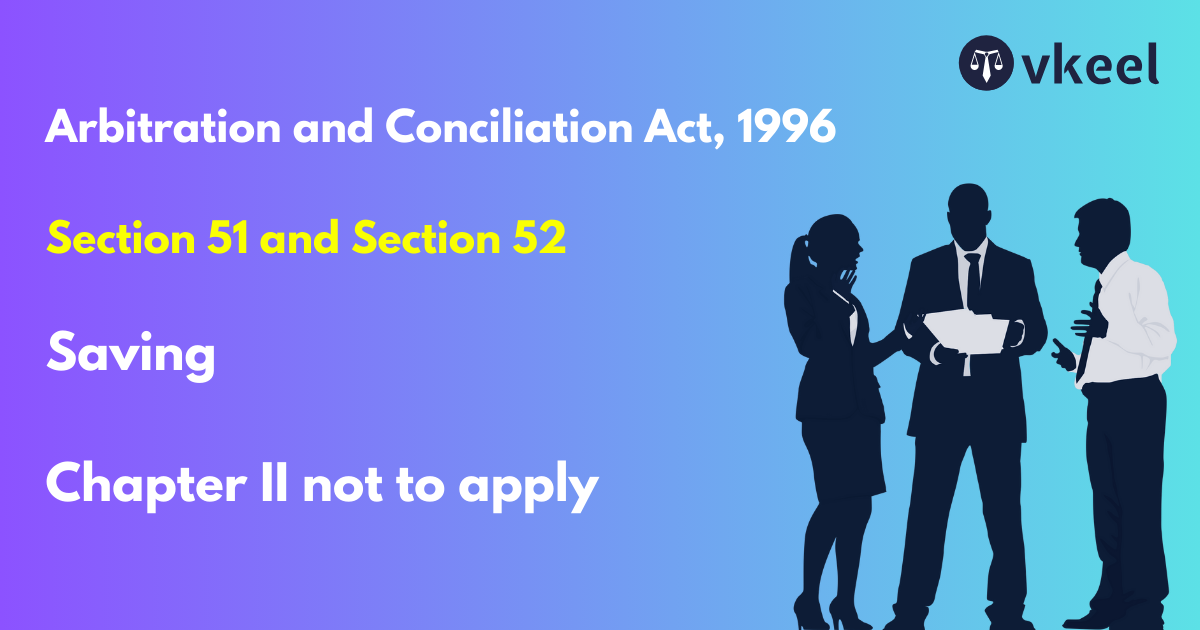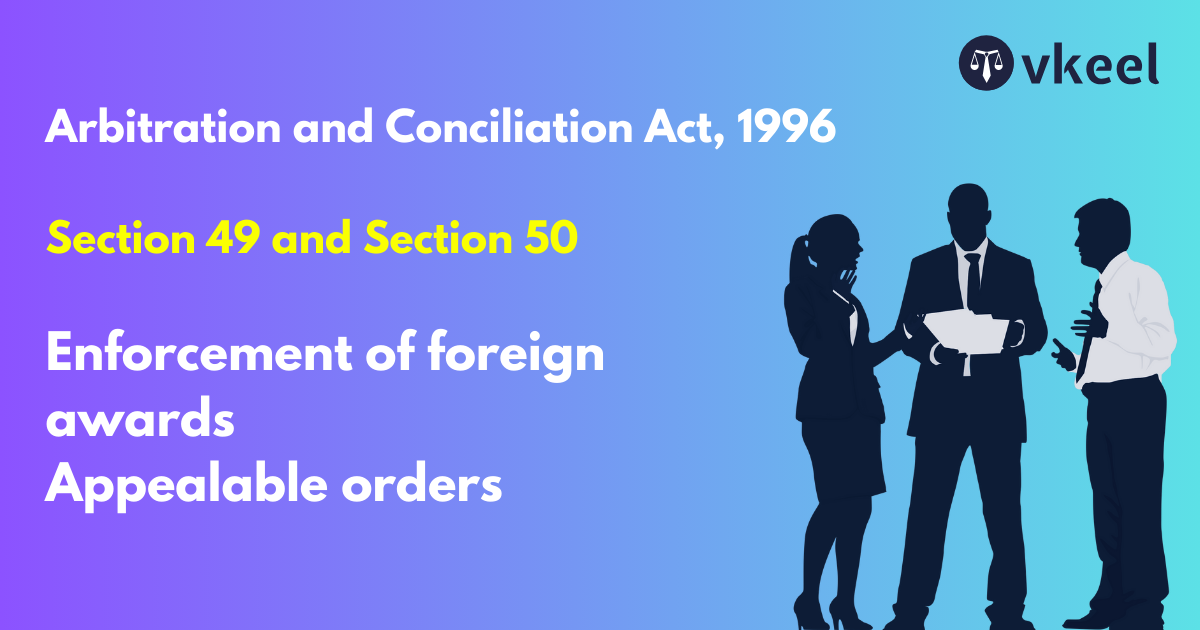Section 26: Arbitration and conciliation act, 1996
By Nivedita Dhiman
Table of Contents
Introduction of section 26
Section 26 of the Arbitration and Conciliation Act, 1996 deals with the appointment of one or more experts with specialized knowledge and expertise to resolve specific issues between the parties and regulate the arbitration proceedings. These experts are appointed to give their opinion and knowledge in particular professional matters that lie beyond the expertise of arbitral tribunal.
These experts are supposed to provide insights on specific matters including evaluation, assessments, moreover these experts could be a professional in other fields like law, finance, science and technology. Now the work of experts is to do analysis and investigation related to the specific issues. The parties are also allowed to appoint their own experts.
Section 26 of arbitration and conciliation act
Expert appointed by arbitral tribunal
(1) Unless otherwise agreed by the parties, the arbitral tribunal may—
(a) appoint one or more experts to report to it on specific issues to be determined by the arbitral tribunal, and
(b) require a party to give the expert any relevant information or to produce, or to provide access to, any relevant documents, goods or other property for his inspection.
(2) Unless otherwise agreed by the parties, if a party so requests or if the arbitral tribunal considers it necessary, the expert shall, after delivery of his written or oral report, participate in an oral hearing where the parties have the opportunity to put questions to him and to present expert witnesses in order to testify on the points at issue.
(3) Unless otherwise agreed by the parties, the expert shall, on the request of a party, make available to that party for examination all documents, goods or other property in the possession of the expert with which he was provided in order to prepare his report.
Landmark Judgements of section 26
Abdul Halim vs Ismail Momin, 1925
If an arbitrator had asked some persons about questions of law, or if had consulted them as to the style, syntax or grammar of his award, he was quite within his rights to do so, but if he arrived at any findings of fact by consulting outsiders and allowed the persons sitting with him to affect his decision as accessors, then it must be held that there had been misconduct.
UOI vs Bharat Builders & Contractors, 2012
Arbitrator must supply a copy of the report of the expert, so that the party interested in examination of the expert may be able to do so. The procedure followed by the arbitrator in denying equal opportunity to parties to proceeding by withholding report of expert and declining his examination even after a demand was made by appellant was in conflict with public policy of India and against principles of natural justice.
Dharmu Saboto vs Krushna Saboto, 1956
When the witness speaks of material facts and is examined by the arbitrators suo motu, there must be an opportunity given to the parties to cross-examine him. Consequently, the arbitrators are guilty of misconduct in examining a witness without the consent of the parties and refusing to permit the parties to cross-examination him.
Vijaypat Singhania vs Hari Shankar Singhania, 2010
Once an arbitrator has distributed properties in accordance with the report of the expert and the same had been placed on record, it cannot be said that full opportunity was not granted to the petitioner and there can be said to be substantial compliance with the provisions of this section. Courts cannot interfere simply because one of the parties wants to cross-examine the expert again.
Conclusion of section 26
The above-mentioned section makes sure that the disputes between the parties can be resolved smoothly with transparency by allowing the parties to cross-examine the experts and parties can also appoint their own experts. The reports by these experts provide clarity on complex matters which require insights and knowledge. This section brings clarity, fairness and brings efficiency in the process of arbitration.
Disclaimer:
The information provided in the article is for general informational purposes only, and is not intended to constitute legal advice or to be relied upon as a substitute for legal advice. Furthermore, any information contained in the article is not guaranteed to be current, complete or accurate. If you require legal advice or representation, you should contact an attorney or law firm directly. We are not responsible for any damages resulting from any reliance on the content of this website.



